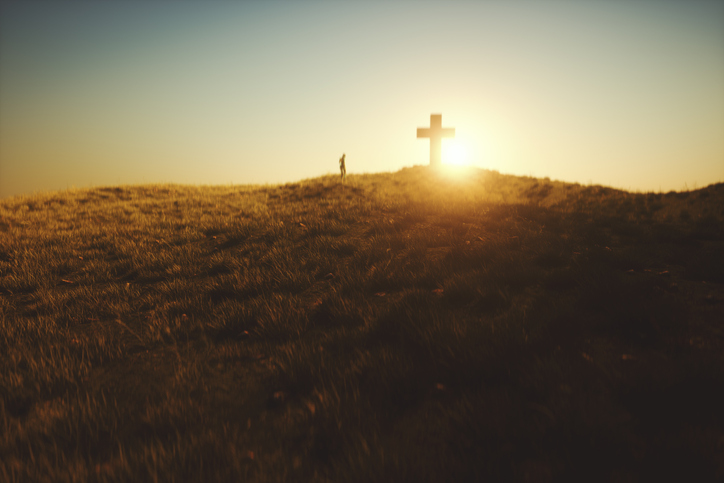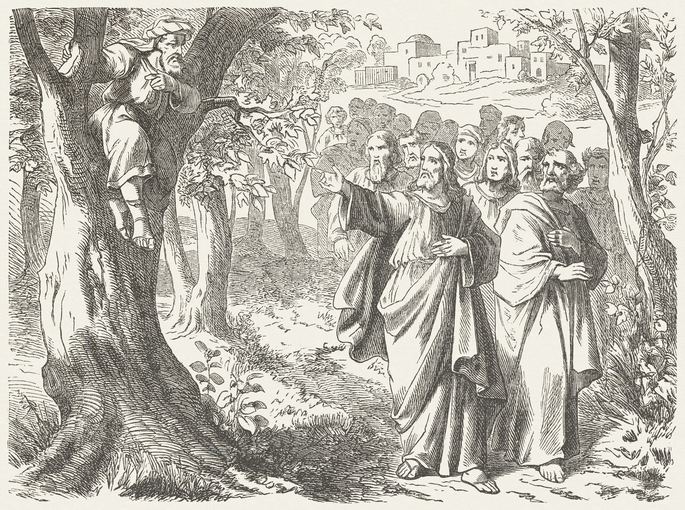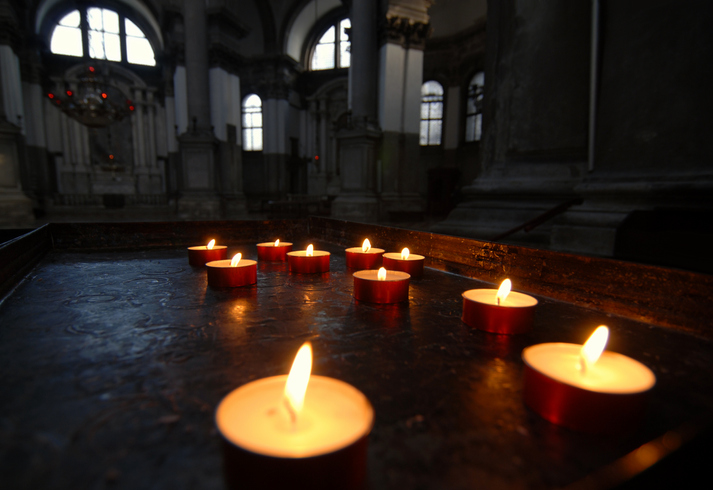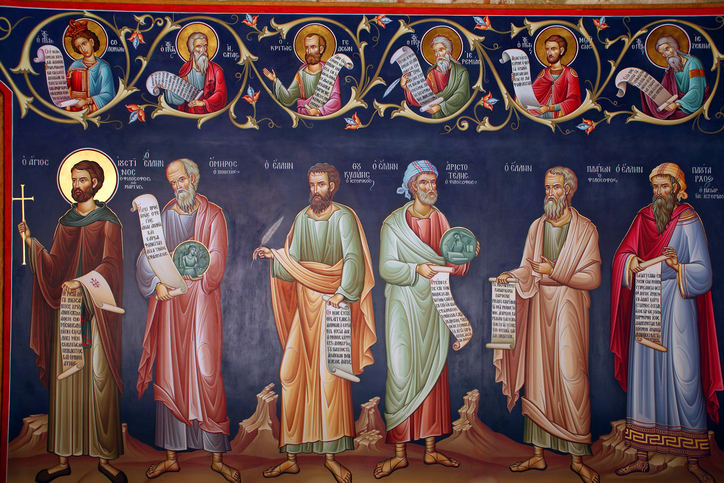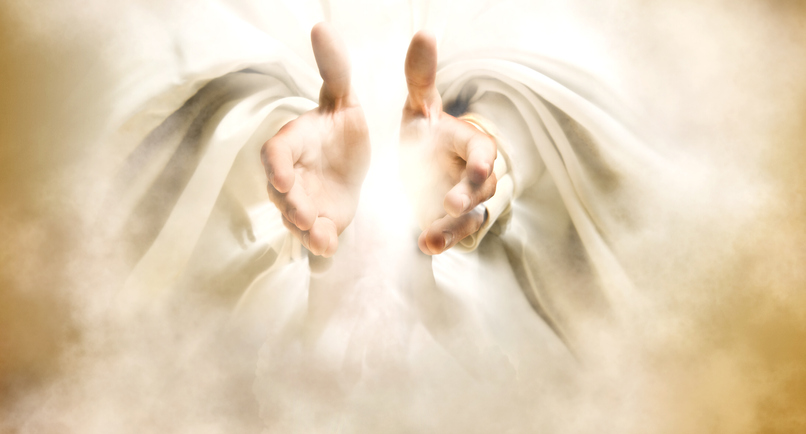I will never forget my first World Youth Day. I really wasn’t old enough to attend at just 13 years of age, but some members of my youth group were going and if Pope John Paul II was going to be in the States, I HAD to be there. Somehow we managed to secure a hotel before each and every room in the city was taken, but we still lived out the pilgrimage experience. We hiked for hours under the hot sun shouldering heavy packs. Water venders were stationed strategically so we wouldn’t dehydrate but still it seemed like we would never get there. Finally, the landscape opened up to a huge flat “park” and already hundreds of thousands of people were looking for a spot to camp out for the night. We planted ourselves quite a ways back from the stage and shared in song, prayer and conversation before falling asleep under the stars. We managed to find a breakfast booth and a port-a-potty before the Supreme Pontiff flew in on a helicopter for the closing Mass. And although we only managed to see him on the Jumbo Tron and hear him through radio, we were there! We were in his presence!
As the years pass, the details fade but there are two aspects I hope to never forget. One was hearing the Holy Father tell us over and over again not to be afraid. I can hear his voice ringing in my ears to this day. In English, with a thick Polish accent he implored us: “Do not be afraaaid. Do not be afraaaid. Dooo not be afraid!” I also remember singing over and over again the event’s theme song “We Are One Body”. We would often hold hands in a long chain or put our arms around each other’s shoulders and sway back and forth as we sang, forming a deep comradery. I truly felt like part of one body with the multitudes of Catholics from all over the world.
Today’s First Reading reminded me of this sacred moment. “We, though many, are one Body in Christ,” Paul exhorts us. He goes on to list specific abilities, talents and ministries. My friends, we all have them. We are all good at something. We all have something to share. But we must remember that those special attributes are all gifts. These gifts are freely given to us by our loving Father in order to then give away freely to others. Paul says: “Since we have gifts that differ according to the grace given to us, let us exercise them.”
And there is where I often falter, in the giving back part. My whole life I failed to fit in. I was always either the “fat girl” or the “goodie two shoes” or the “tattle tale” or the “smarty pants”. My classmates taunted me for wanting to do the right thing. As an adult, my companions aren’t quite that cruel, but the familiar fear nags at my subconscious. What will they think about me? What will they say about me behind my back? Will they think I’m a religious snob, trying to be “holier than thou”? And that is when our beloved St. John Paul II’s voice echoes in my mind, reminding me not to be afraid.
St. Paul goes on to paint a Christian-life roadmap for us:
Let love be sincere;
hate what is evil,
hold on to what is good;
love one another with mutual affection;
anticipate one another in showing honor.
Do not grow slack in zeal,
be fervent in spirit,
serve the Lord.
Rejoice in hope,
endure in affliction,
persevere in prayer.
Contribute to the needs of the holy ones,
exercise hospitality.
Bless those who persecute you,
bless and do not curse them.
Rejoice with those who rejoice,
weep with those who weep.
Have the same regard for one another;
do not be haughty but associate with the lowly.
Let us remember that we are one body and not be afraid to live this out.

Tami grew up in Western Michigan, a middle child in a large Catholic family. She spent early young adulthood as a missionary in Mexico, studying theology and philosophy, then worked and traveled extensively before finishing her Bachelor’s Degree in Western Kentucky. She loves tackling home improvement projects, finding fun ways to keep her four boys occupied, quiet conversation with the hubby and finding unique ways to love. She works at Diocesan, is a guest blogger on CatholicMom.com and BlessedIsShe.net, runs her own blog at https://togetherandalways.wordpress.com and has been doing Spanish translations on the side for almost 20 years.

